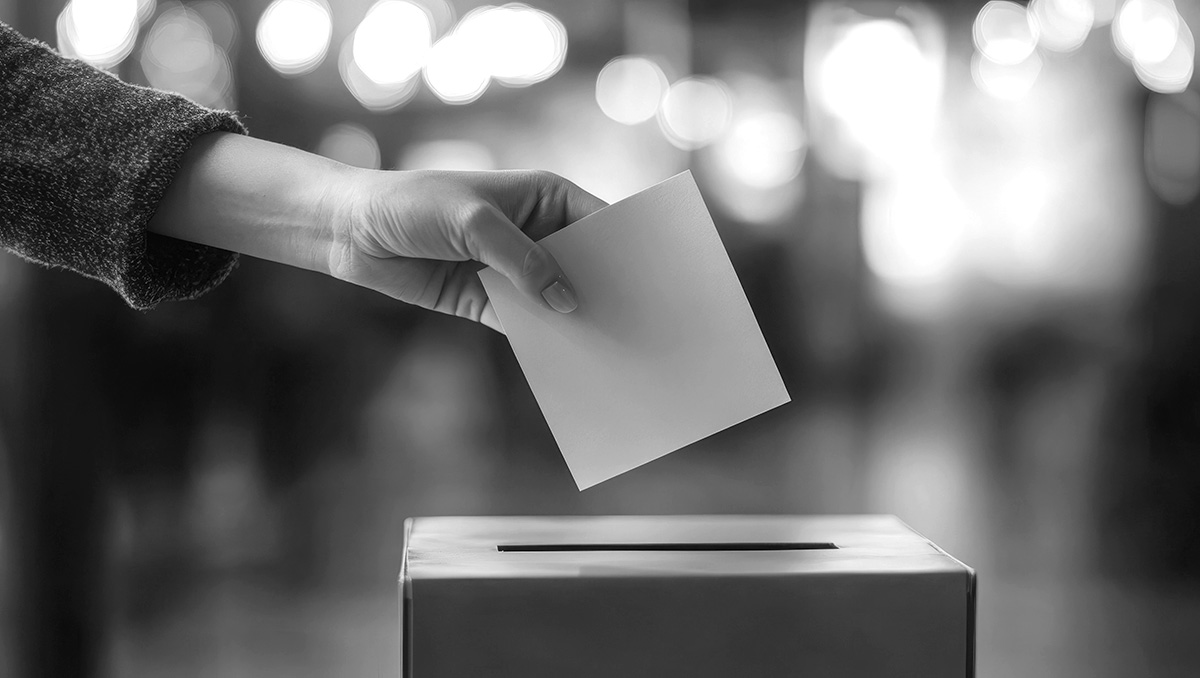2024 is election year. The world is set to witness a massive wave of elections, with at least 64 countries — including the United States — sending voters to the polls. This means nearly half of the world’s population will exercise their democratic right to shape national and international landscapes for years to come. But while democracy is taking center stage, a nasty undercurrent of disinformation and cyber threats is looming.
With so much at stake, the intersection of cybersecurity, emerging technologies, and democratic processes is becoming increasingly fraught. From the spread of disinformation to the manipulation of public opinion through new technologies, elections are fertile ground for exploitation by malicious actors.
Democracy’s New Battlefield
While global elections have always been hotbeds of tension and uncertainty, the threat landscape has shifted dramatically in recent years. It’s no longer about ballot box security alone; the battlefield has crept into the digital world, with hacktivists, foreign influence campaigns, and disinformation machines working overtime to destabilize and undermine democratic processes.
Malefactors see election cycles as a prime opportunity. Emotions are heightened, trust in institutions is fragile, and voters are hungry for information — making them sitting ducks for manipulation. The rise of foreign malign influence campaigns, such as the one disrupted by the U.S. Department of Justice that sought to covertly influence elections on behalf of the Russian government, is a testament to the lengths some actors are willing to go to subvert democracy.
The Threat Is Everywhere
While disinformation has always been a powerful weapon in the cybercriminal’s arsenal, today, the scale, speed, and impact of false narratives are amplified like never before. With the help of social media, disinformation can spread around the world in seconds, reaching millions of people before facts can be checked.
This is not just theoretical. Disinformation campaigns have been used with great effect in several recent elections. The French election in 2017, the U.S. election in 2016, and the Indian elections in 2019 are all examples of how foreign actors, malicious hackers, or political adversaries can use false information to undermine trust in the democratic process.
The U.S. Cybersecurity and Infrastructure Security Agency (CISA) has been actively working to raise awareness of this threat. In a recent bulletin, CISA highlighted the growing danger of election disinformation and urged voters and businesses to be extra vigilant during this election cycle. The urgency is real — what’s at stake isn’t just the integrity of elections but the foundation of democracy itself.
Opening Pandora’s Jar
In 2024, voters and candidates face a new challenge — Generative AI. With the ability to create fake content that is virtually indistinguishable from reality, GenAI has opened a Pandora’s Jar of election interference. Deepfakes, synthetic audio, and AI-generated articles could (and are) be used to manipulate voters on an unprecedented scale.
Supporters of different candidates must deal with the possibility of encountering fabricated videos that paint their preferred politicians in a bad light. Similarly, voters are susceptible to fake news articles that hope to twist public perception in a particular direction. Content like this can be created and spread in a heartbeat, making it a potent and accessible tool for anyone wishing to interfere with democratic processes.
AI can also fuel disinformation campaigns. AI-powered bots can flood social media platforms with misleading or fake news, creating an artificial sense of public consensus around a candidate or issue. Unfortunately, this shapes discourse in ways that favor one side over another, all without voters even realizing they’ve been manipulated.
Protecting the Ballot Box
The threats to democracy in 2024 are real, and they’re growing more cunning every day. But there are steps people and businesses can take to protect themselves and the democratic process.
Stay Skeptical, Stay Informed: Approach election-related content with a critical eye. Verifying information from credible sources, such as Snopes, is key.
Boost Cybersecurity Defenses: Businesses, particularly those involved in some way with election infrastructure or political processes, must strengthen their cybersecurity measures. Multi-factor authentication, encryption, and continuous monitoring for phishing attacks are some crucial guardrails that should be considered — and not only during the election period.
Collaboration Is Key: Government agencies are trying to protect the integrity of elections, but businesses and individuals have a part to play here, too. Partnerships between the public and private sectors, like those encouraged by CISA, can help protect election security and integrity.
The Battle for Truth and Security
In 2024, as billions of voters head to the polls around the world, the integrity of elections will hinge partly on traditional safeguards and partly on the ability to take nothing at face value and question everything.
From disinformation to GenAI-driven deepfakes, the enemies of democracy are using every available tool at to subvert the will of the people.
On their own, governments cannot protect elections. People, businesses, and public-sector entities must work together to keep the democratic process safe from these threats. We can only preserve the integrity of global elections through vigilance, cooperation, and robust cybersecurity measures.
Make Fortra Your Cybersecurity Ally
Our mission at Fortra is to help organizations increase security maturity while decreasing operational burden. Our vision is a stronger, simpler future for cybersecurity. Who’s with us?

